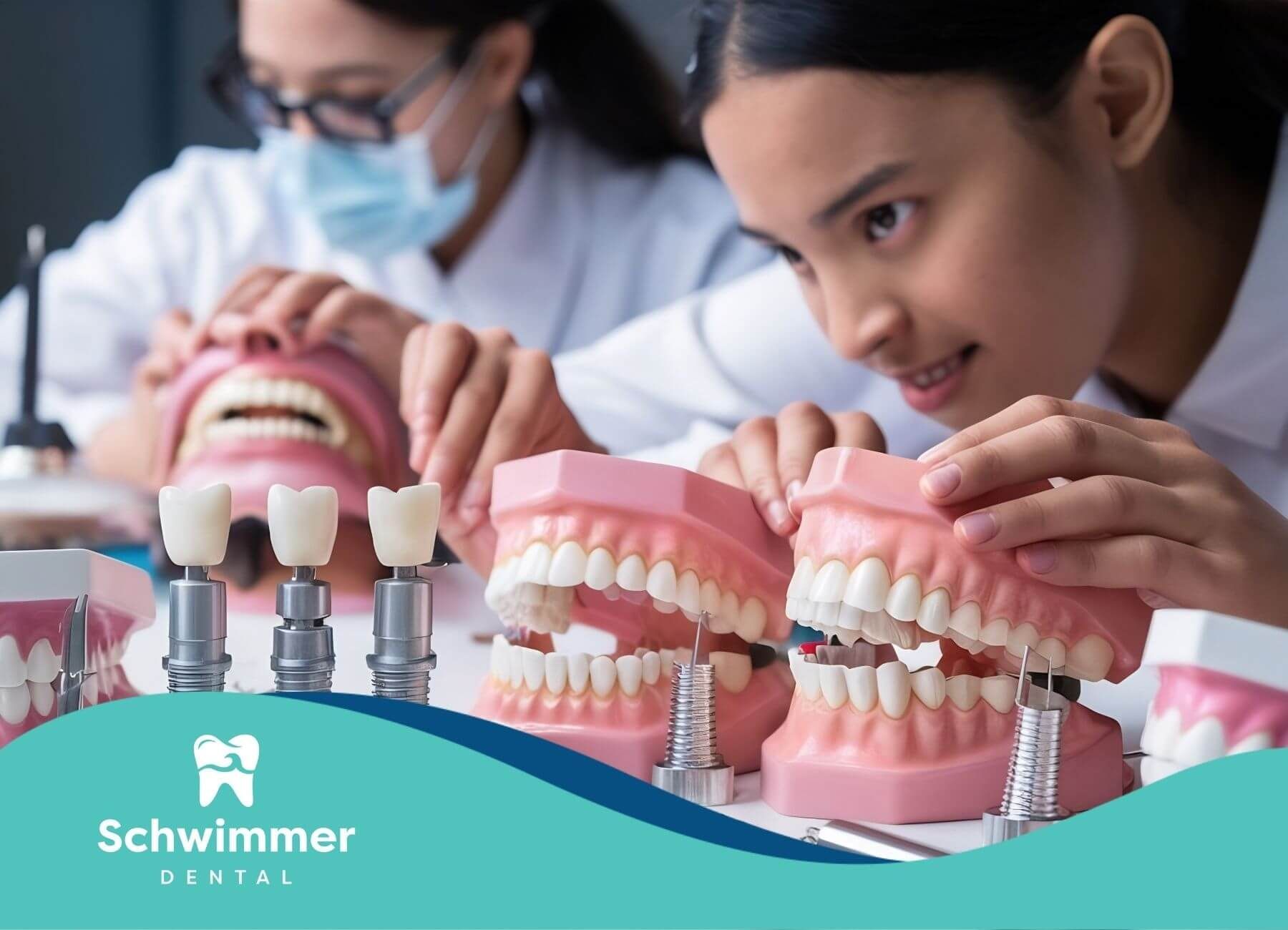Is Sugar Bad for Your Teeth If You Brush Them Regularly?
Key Highlights
- Sugar interacts with oral bacteria, producing acids that erode tooth enamel and increase the risk of cavities.
- Frequently eating sugary treats can lead to more enamel damage than occasional indulgences.
- Regular brushing helps minimize tooth decay, but timing and techniques matter for optimum dental health.
- Immediate brushing after consuming acidic foods or drinks can harm enamel; waiting an hour is a safer approach.
- Using proper brushing tools and methods is essential for maintaining dental hygiene, especially for sugar lovers.
- Refined sugars are more damaging to oral health than natural sugars due to their ease of breakdown in the mouth.
Introduction
Keeping good oral health is important for stopping tooth decay and taking care of your dental health. Many people ask if just brushing is enough to fight against sugar's effects on teeth. Sugar is known to cause tooth decay because it works with oral bacteria to make bad acids. Brushing does help remove sugar from your teeth, but it’s also important to understand how sugar harms your teeth and to use the right dental care practices. So, is your dental health okay if you always brush after enjoying something sweet?
Understanding the Impact of Sugar on Teeth
Sugar is commonly seen as the main cause of bad dental health, but the effects are more complicated. Eating sugary treats regularly starts a series of events in your mouth. This includes oral bacteria and acid reactions that can weaken tooth enamel.
The harm gets worse when sugar meets oral bacteria, creating acids that lead to tooth erosion and decay. This problem is not limited to refined sugars; even natural sugars in fruits and juices contribute. To keep your teeth healthy, it’s important to understand how sugar affects dental health.
How Sugar Interacts with Oral Bacteria
The link between sugar and oral bacteria is complicated and harmful. When you eat sugar, whether it’s refined or natural, bacteria in your mouth use it as food. This creates acids that attack your tooth enamel and start the process of demineralisation.
Saliva usually helps to balance these acids, but eating sugar often can make this natural defense too much to handle. As a result, the enamel can wear down, which may lead to cavities. Sugary drinks like soda make this worse because their citric or tartaric acid increases the damage to the enamel.
Plaque buildup worsens this situation by trapping bacteria near your teeth. Regular sugar exposure sets up a bad environment for your dental health. Understanding this interaction shows why controlling sugar intake is important for preventing tooth decay.
The Formation of Cavities from Frequent Sugar Consumption
Eating sugary treats often can lead to cavities. When you eat sweets, bacteria in your mouth make acids. These acids can wear down tooth enamel, causing decay.
Snacking a lot increases the damage because it keeps the acid on your teeth for a longer time. Enjoying one sweet thing, like a slice of cake, is not as harmful as eating candy throughout the day. Plaque bacteria can attack your enamel many times, making cavities a certain outcome.
The Role of Regular Brushing in Preventing Tooth Decay
Brushing your teeth regularly can help reduce the bad effects of sugar. It removes leftover food, sugar, and plaque from bacteria that can lead to tooth decay.
However, just brushing isn’t enough. How and when you brush, plus things like flossing, are very important. It’s best to brush every day and eat a healthy diet to really boost your dental health. This shows that brushing is an important part of protecting against sugar's damage.
Does Brushing Immediately After Eating Sugar Help?
Brushing your teeth after eating sugar might seem like the right thing to do, but timing matters. If you brush right after having sugary or acidic foods, like orange juice, you can hurt your enamel instead of helping it. Acidic foods change the pH level in your mouth, which can temporarily soften the enamel.
Brushing too soon can damage this softened enamel. So, it's a good idea to wait at least an hour after eating anything acidic before you brush. Your saliva needs time to neutralize the acids and help your mouth return to its normal balance.
Using toothpaste that has fluoride can also help protect your enamel when you do brush. Waiting to brush helps keep your teeth safe while removing sugar from your mouth. This careful method makes sure that brushing benefits your oral health after enjoying sugary treats.
Optimal Brushing Techniques for Sugar Consumers
For people who love sugary treats, using
good brushing techniques is important for keeping dental hygiene great. What kind of toothbrush you use, the toothpaste you pick, and how you brush all matter for keeping your gums and tooth enamel healthy.
| Technique or Product | Recommended Choice |
|---|---|
| Toothbrush Type | Soft toothbrush to avoid gum pain and enamel wear |
| Brushing Method | Gentle, circular motions for better cleaning and plaque removal |
| Toothpaste Ingredients | Fluoride toothpaste to help strengthen tooth enamel and prevent cavities |
| Brushing Frequency | Twice a day for the best defense against sugary deposits |
Do not brush too hard because it can hurt your gums over time. Always spit out toothpaste without rinsing. This way, fluoride can stay on your teeth longer. Adding these tips to your dental care routine can really help sugar lovers.
Conclusion
Brushing your teeth regularly is very important for your oral health. However, you should also be aware that sugar can harm your teeth. Sugar feeds bad bacteria in your mouth. This can cause cavities and decay. Even if you brush often, eating a lot of sugar raises the chances of dental problems. It is vital to eat a balanced diet and follow good oral hygiene. If you are worried about your dental health and how sugar affects it, feel free to get a free consultation. It can help you talk about your oral care strategies.
Frequently Asked Questions
Can brushing alone prevent damage from sugar?
Brushing your teeth is good, but it won’t fully stop damage from sugar, especially if you eat a lot of it often. While it helps lower plaque, it can’t completely fight off acid erosion and tooth decay. To keep your dental health strong, you should also floss, see your dentist regularly, and limit how much sugar you eat.
How often should I brush if I eat sugar regularly?
If you often eat sugar, it’s important to brush your teeth twice a day. Make sure to use fluoride toothpaste and floss a lot to get rid of sugar and plaque. Taking care of your dental health may mean you need to brush more often, especially after having sugary treats.
SOURCES:
https://www.healthline.com/nutrition/how-sugar-destroys-teeth
https://www.dentalhealth.org/how-sugar-affects-your-smile
https://www.who.int/news-room/fact-sheets/detail/sugars-and-dental-caries
https://www.nationaldentalcare.com.au/blog/how-cleaning-your-teeth-reduces-your-risk-of-tooth-decay
https://www.mouthhealthy.org/all-topics-a-z/brushing-your-teeth



